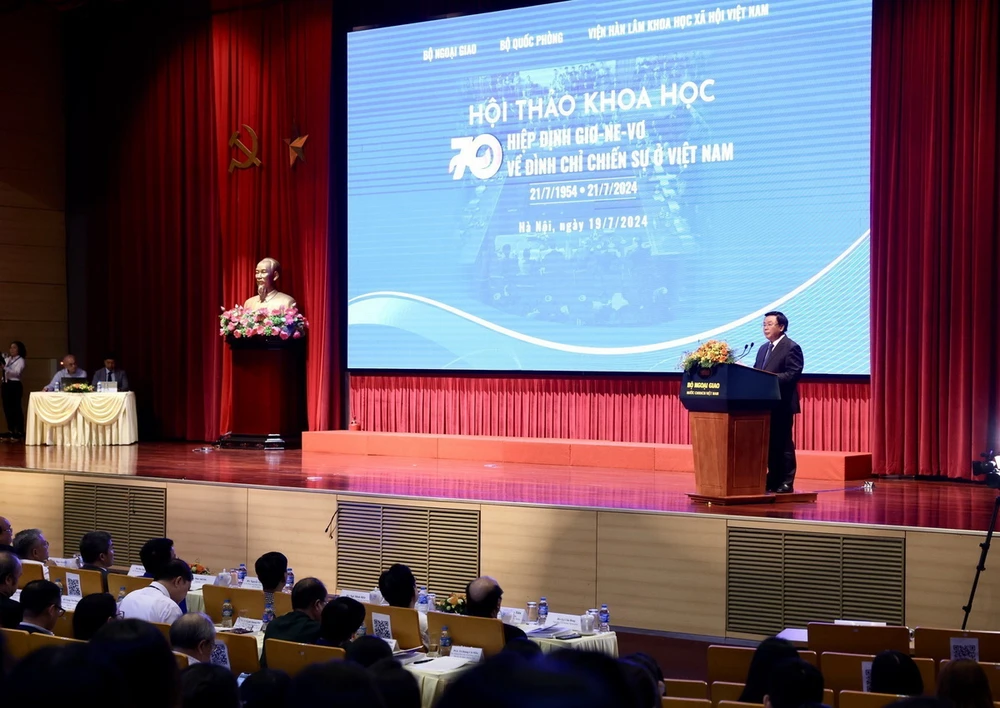
On the morning of July 19, in Hanoi, the Ministry of Foreign Affairs, in coordination with the Ministry of National Defense and the Vietnam Academy of Social Sciences, organized a Scientific Conference with the theme "70 years of the Geneva Agreement on the cessation of hostilities in Vietnam" (July 21, 1954 - July 21, 2024).
The workshop aimed to highlight the historical stature and epochal significance of the Geneva Agreement for the cause of national liberation of the Vietnamese people and people around the world; at the same time, to draw valuable lessons that are still valuable for the cause of national construction, development and defense.
This is also an occasion to recognize and honor the great contributions of the Vietnamese diplomatic sector, including the contributions of historical witnesses who negotiated, signed and brought about the victory of the Geneva Conference, opening a new stage for the revolutionary cause of the Party and the nation.
Speaking at the opening of the workshop, Minister of Foreign Affairs Bui Thanh Son emphasized that exactly 70 years ago, on July 21, 1954, the Geneva Agreement on the cessation of hostilities in Vietnam was signed in Geneva (Switzerland) and became an important historical milestone in the cause of national liberation and reunification of our people.
Regarding foreign affairs, the Conference is a multilateral forum with the participation and direct negotiations of major countries, which Vietnam participated in for the first time.
In this first participation, Vietnamese diplomacy affirmed the spirit, mettle, and intelligence of a nation with thousands of years of civilization; with an indomitable will to protect independence; imbued with the quintessence of national culture and the ideology, style, and art of Ho Chi Minh's diplomacy.
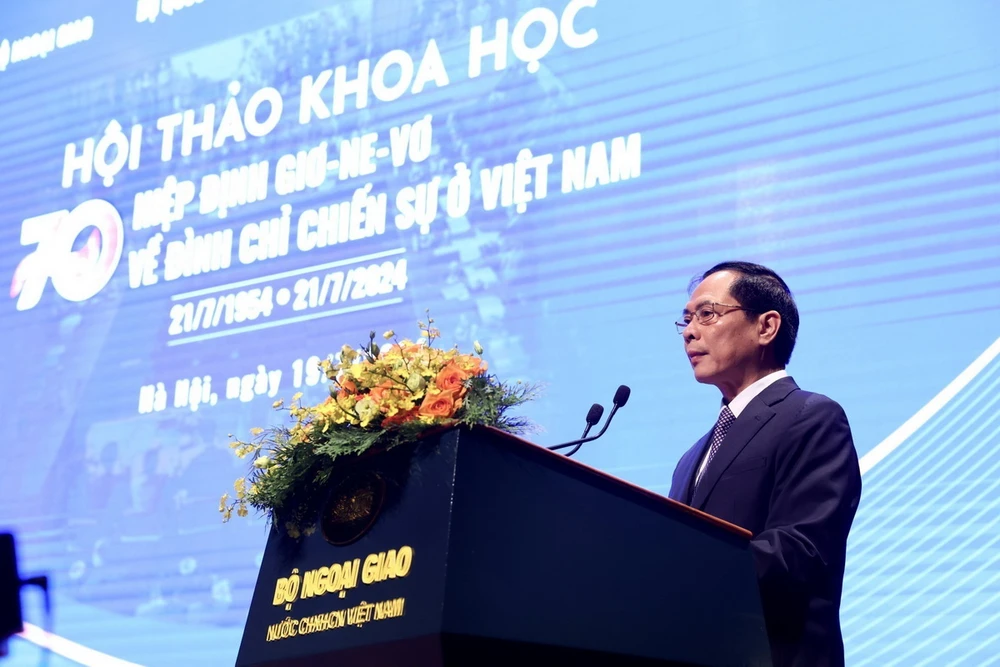
Minister Bui Thanh Son affirmed that the process of negotiating, signing and implementing the Geneva Agreement is a handbook containing many valuable lessons on foreign affairs, demonstrating the unique identity of the Vietnamese school of foreign affairs and diplomacy, which has been inherited, creatively applied and developed in the negotiation, signing and implementation of the 1973 Paris Agreement later, as well as in building, developing the country and defending the Fatherland today.
“The synthesis of historical lessons from the negotiation, signing and implementation of the 1954 Geneva Agreement has very practical significance, contributing to the research, construction and completion of the theoretical and methodological basis for foreign affairs and diplomacy in the Ho Chi Minh era as well as the construction, completion and implementation of the Party's foreign policy in the new development stages of the country,” Minister Bui Thanh Son emphasized.
In his opening speech and direction of the workshop, Professor-Doctor Nguyen Xuan Thang, Politburo member, Director of the Ho Chi Minh National Academy of Politics, Chairman of the Central Theoretical Council affirmed that promoting the great strength and influence of the Dien Bien Phu victory and the Geneva Agreement was the pinnacle of victory of Vietnamese diplomacy in the resistance war against the French colonialists; affirming the justice of the national liberation struggle and the tradition of peace and love of peace of the Vietnamese people.
From the Preliminary Agreement of March 6, 1946, the Provisional Agreement of September 14, 1946 to the Geneva Agreement of July 21, 1954, we have gradually witnessed the maturity and growth of revolutionary diplomacy in the Ho Chi Minh era along with turning-point changes in the international position of the Democratic Republic of Vietnam.
For the first time in history, the major countries participating in the Geneva Conference recognized and committed to respecting the basic national rights: sovereignty, independence, unity and territorial integrity of Vietnam, Laos and Cambodia.
According to Mr. Nguyen Xuan Thang, 70 years have passed but the historical significance of the Geneva Agreement on the cessation of hostilities in Vietnam remains intact; with extremely valuable lessons learned, vividly reflecting the principles, mottos, art of foreign affairs, maturity and great contributions of Vietnamese diplomacy to the revolutionary cause of the Party and the nation; shining the wish of President Ho Chi Minh for "a peaceful, unified, independent, democratic and prosperous Vietnam."
These are the lessons: Upholding and strengthening the Party's leadership; promoting the combined strength, closely combining the political, military and diplomatic fronts; maintaining independence and autonomy; ensuring national and ethnic interests above all and first; thoroughly grasping the motto "with the unchanging, responding to all changes"; promoting the strength of the people and the great national unity bloc, raising high the banner of justice, combining national strength with the strength of the times.
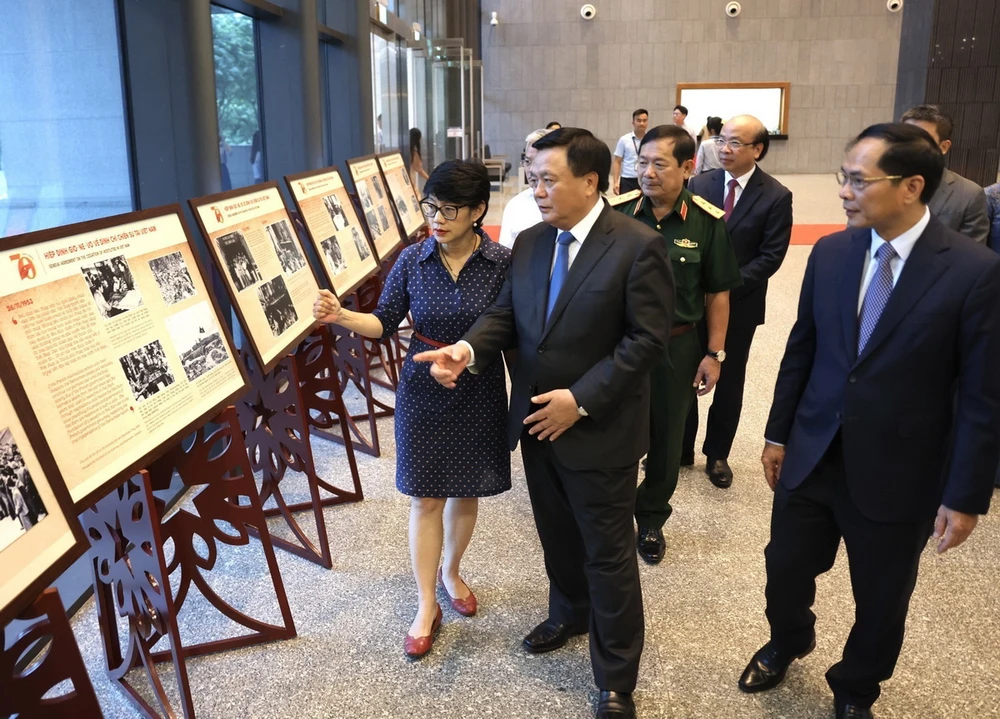
“The historic victory of Dien Bien Phu and the victory at the negotiating table at the Geneva Conference were victories of the great strength of the people and the great solidarity of the entire Vietnamese nation, with the sympathy, support and assistance of international friends, including the progressive people of France and the colonial countries,” Mr. Nguyen Xuan Thang emphasized.
At the workshop, the presentations and opinions of the delegates focused on explaining and affirming that the Geneva Agreement was the pinnacle of victory of Vietnam's revolutionary diplomacy in the resistance war against the French colonialists; clarifying the stature and significance of the Agreement for the Vietnamese revolutionary process and the world revolutionary movement; promoting the values and lessons of the Agreement, arousing the aspiration to build a rich, democratic, prosperous, civilized, happy country, steadily moving towards socialism./.
Source: https://www.vietnamplus.vn/70-nam-hiep-dinh-geneva-ban-sac-unique-dao-cua-truong-phai-ngoai-giao-viet-nam-post965637.vnp



![[Photo] Prime Minister Pham Minh Chinh receives Chairman of Skoda Auto Group](https://vstatic.vietnam.vn/vietnam/resource/IMAGE/2025/3/27/298bbec539e346d99329a8c63edd31e5)
![[Photo] Nearly 2,000 people enthusiastically participated in the Olympic Running Day - For the security of the Fatherland](https://vstatic.vietnam.vn/vietnam/resource/IMAGE/2025/3/27/33bed26f570a477daf286b68b14474d4)
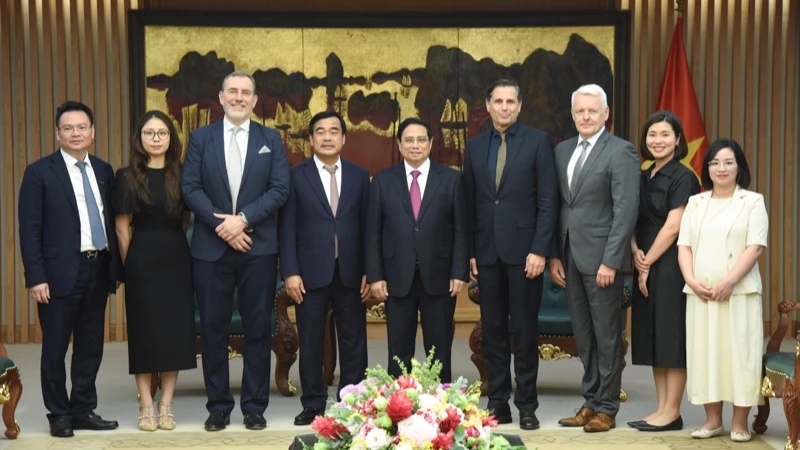
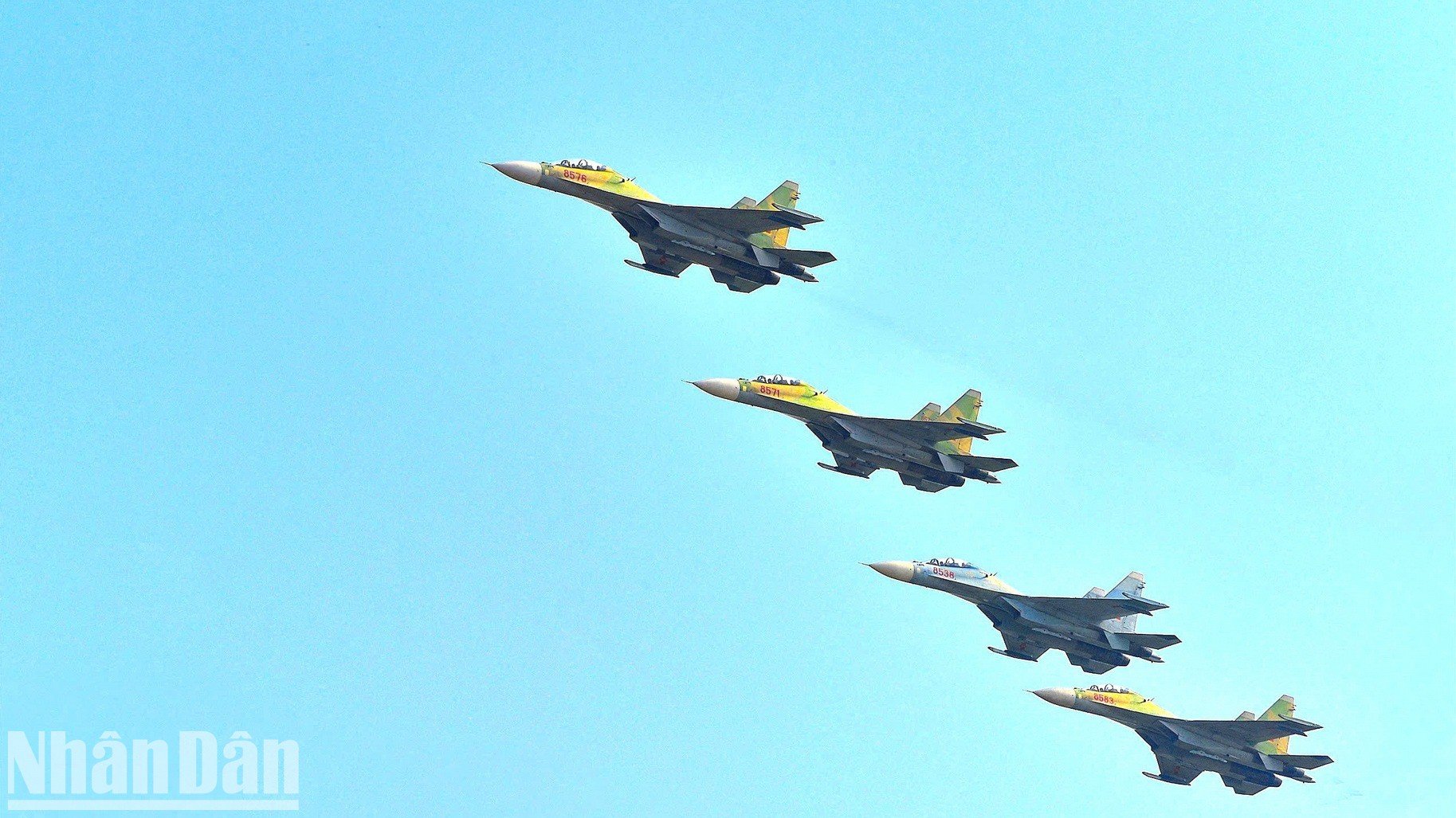
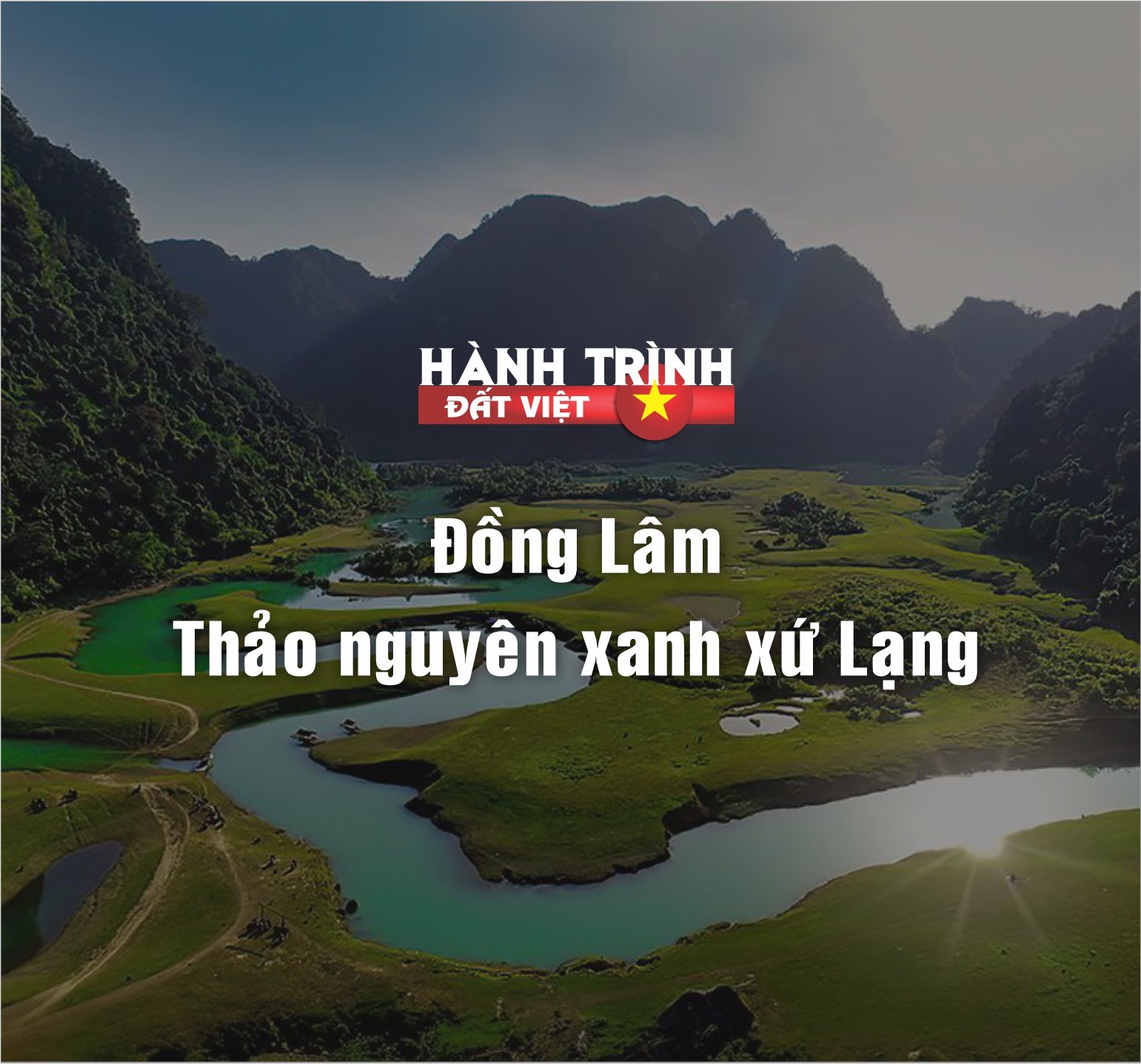
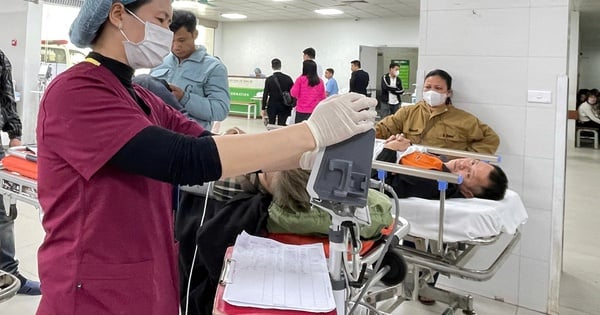


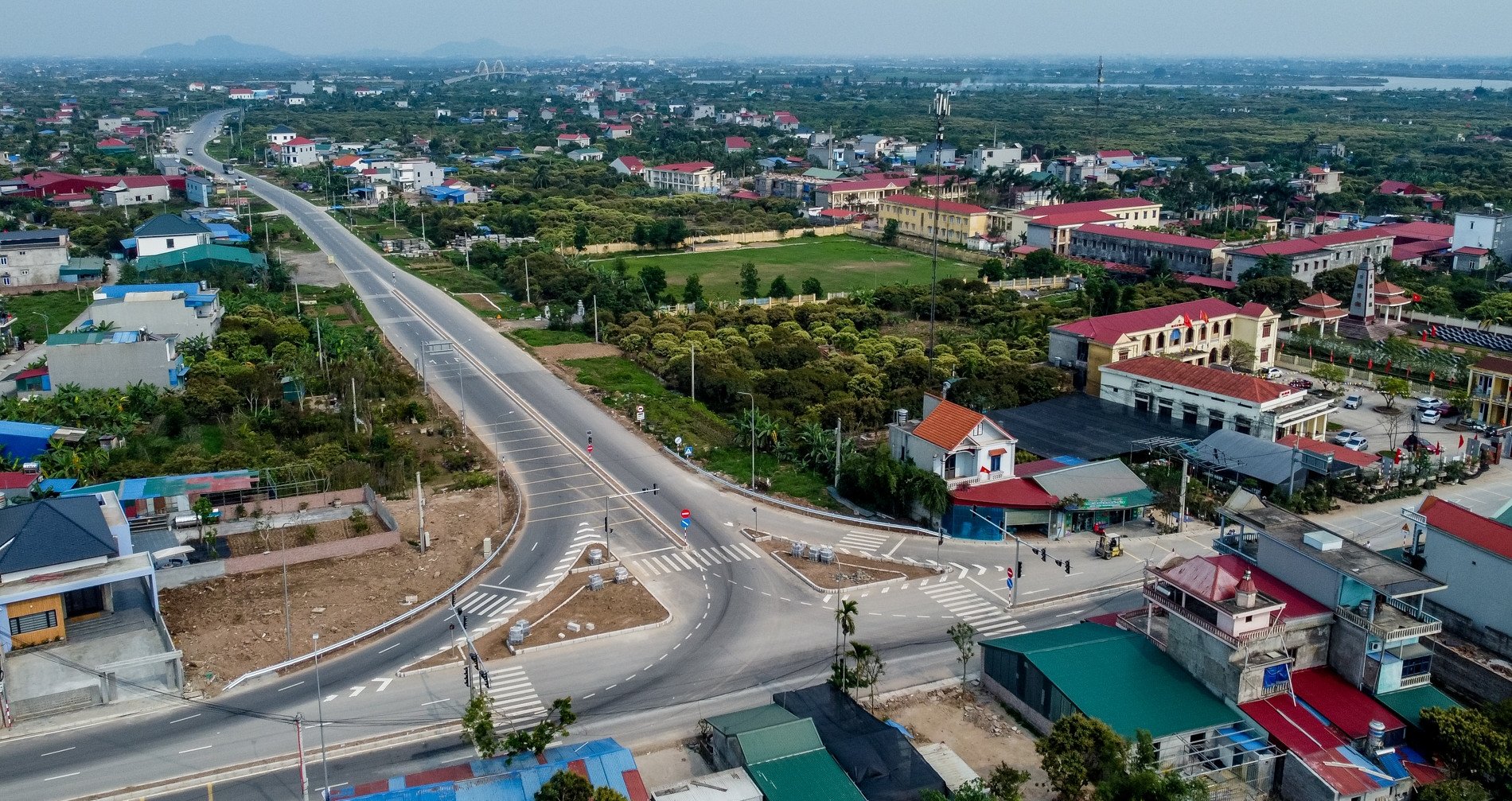
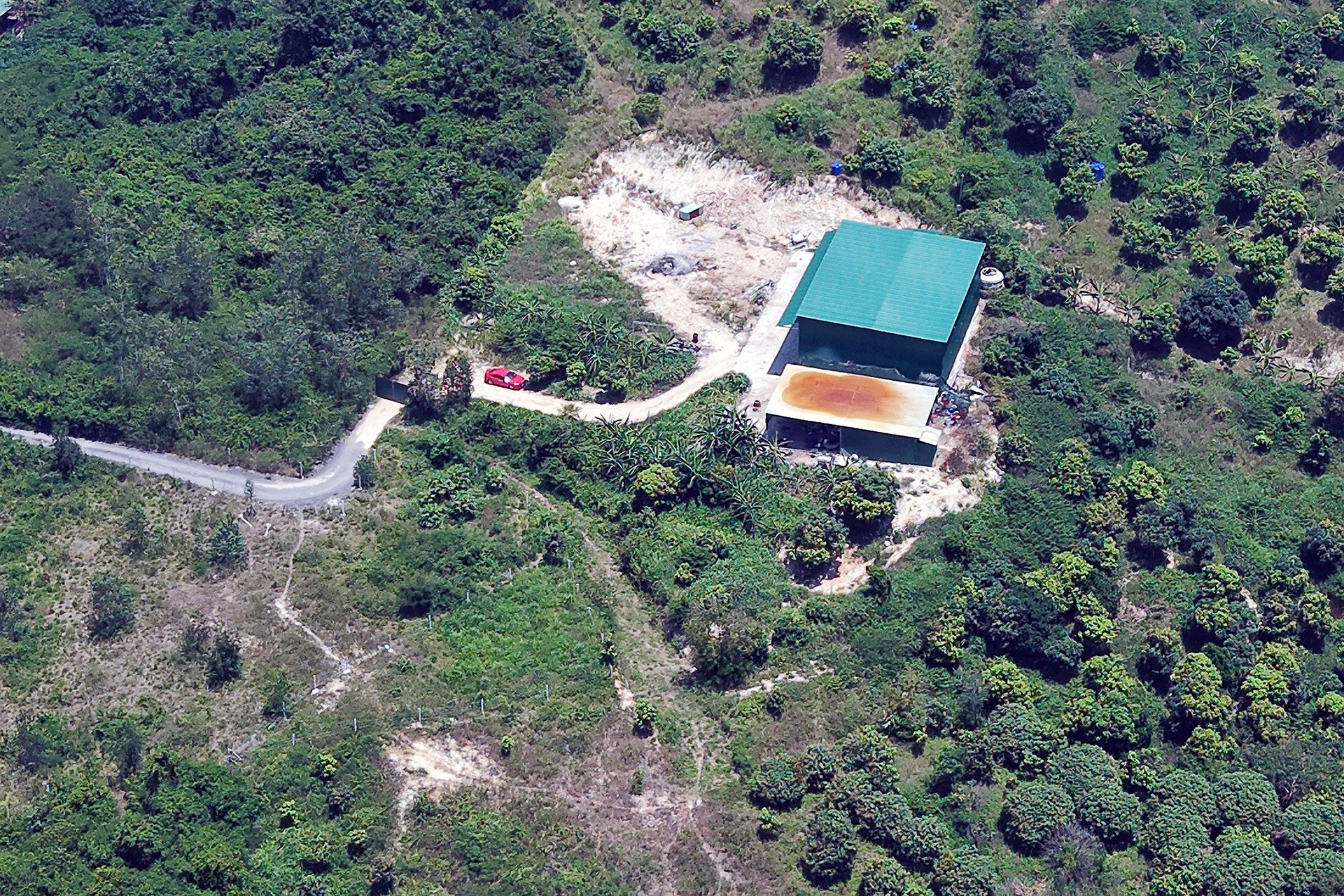
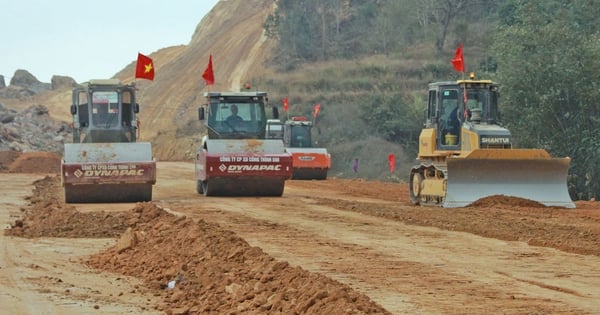



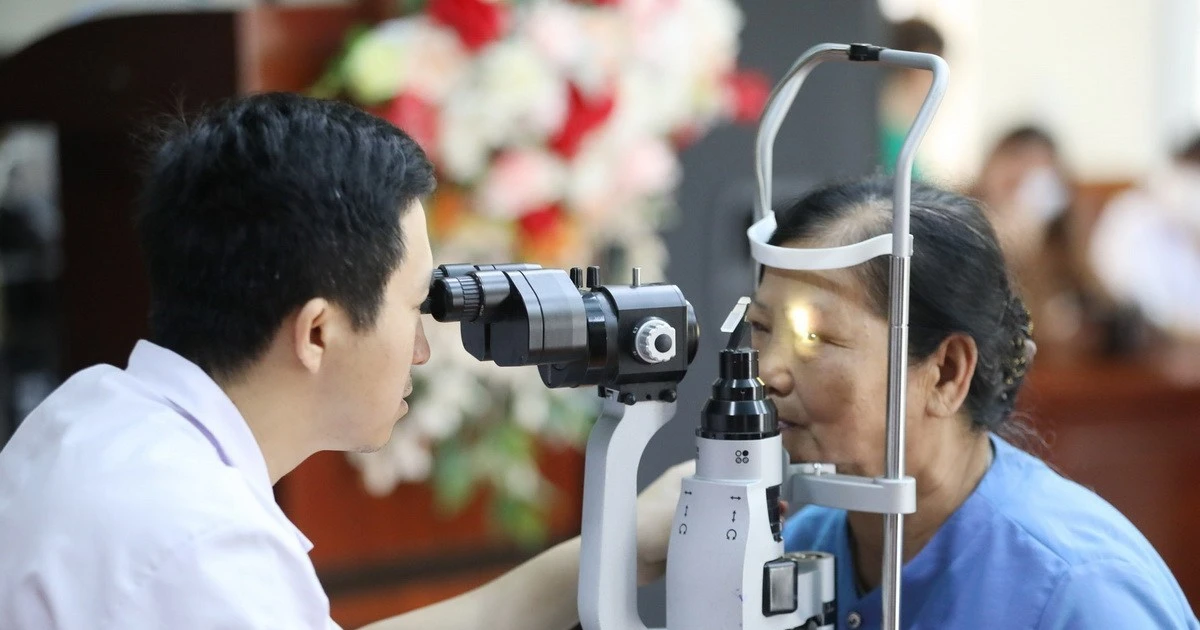
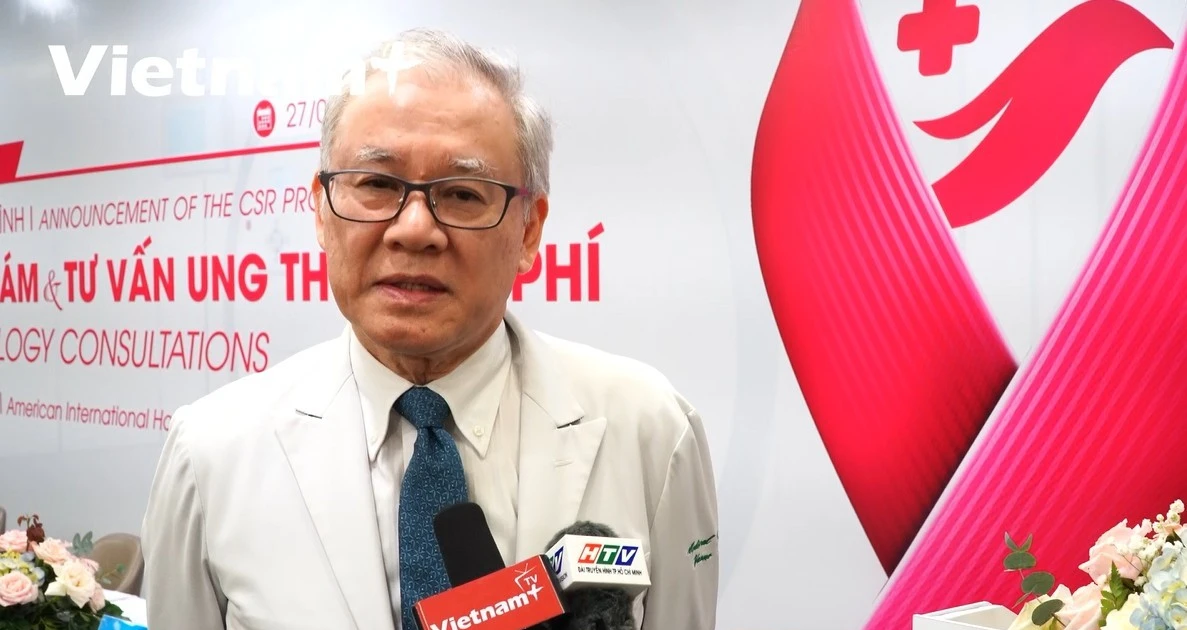



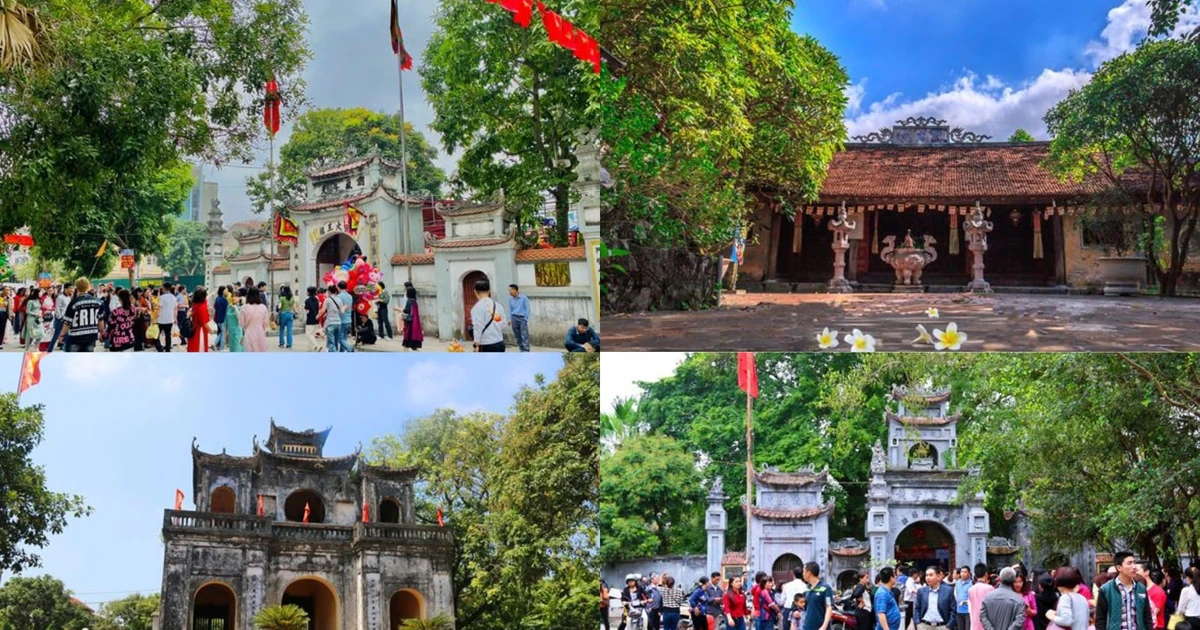

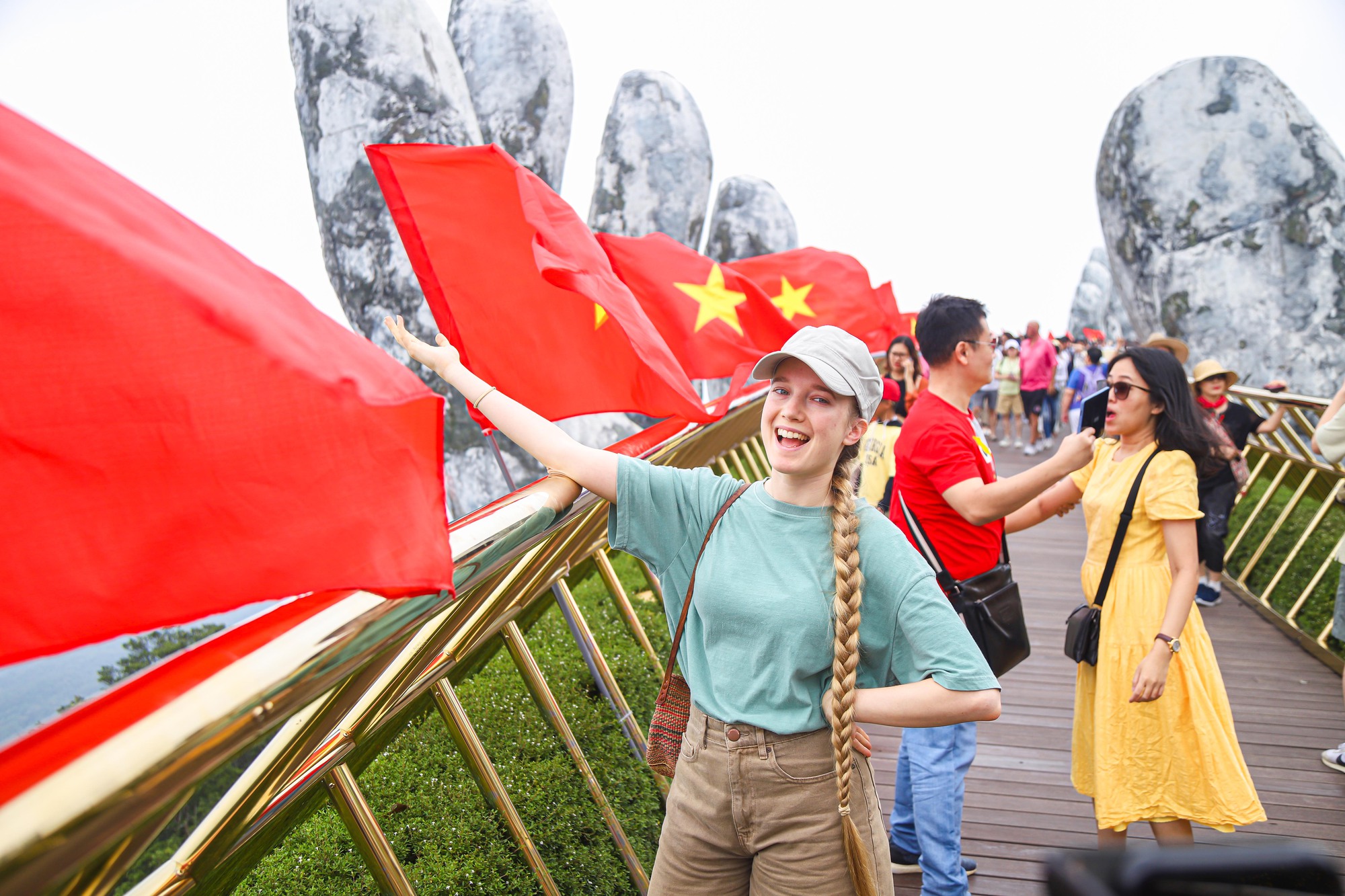

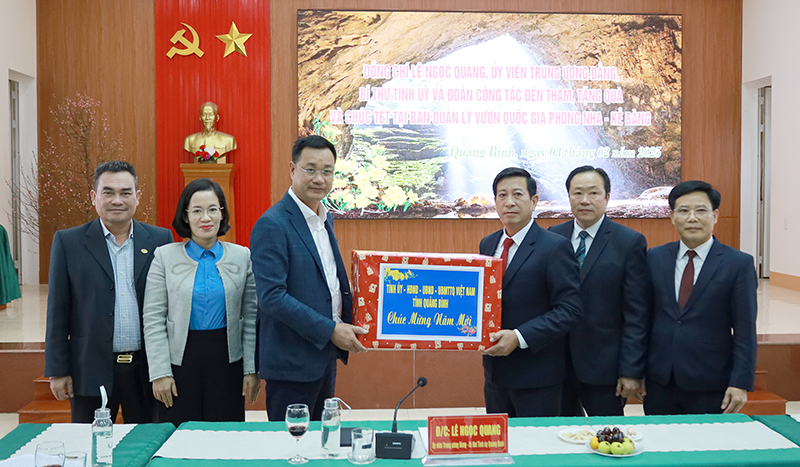

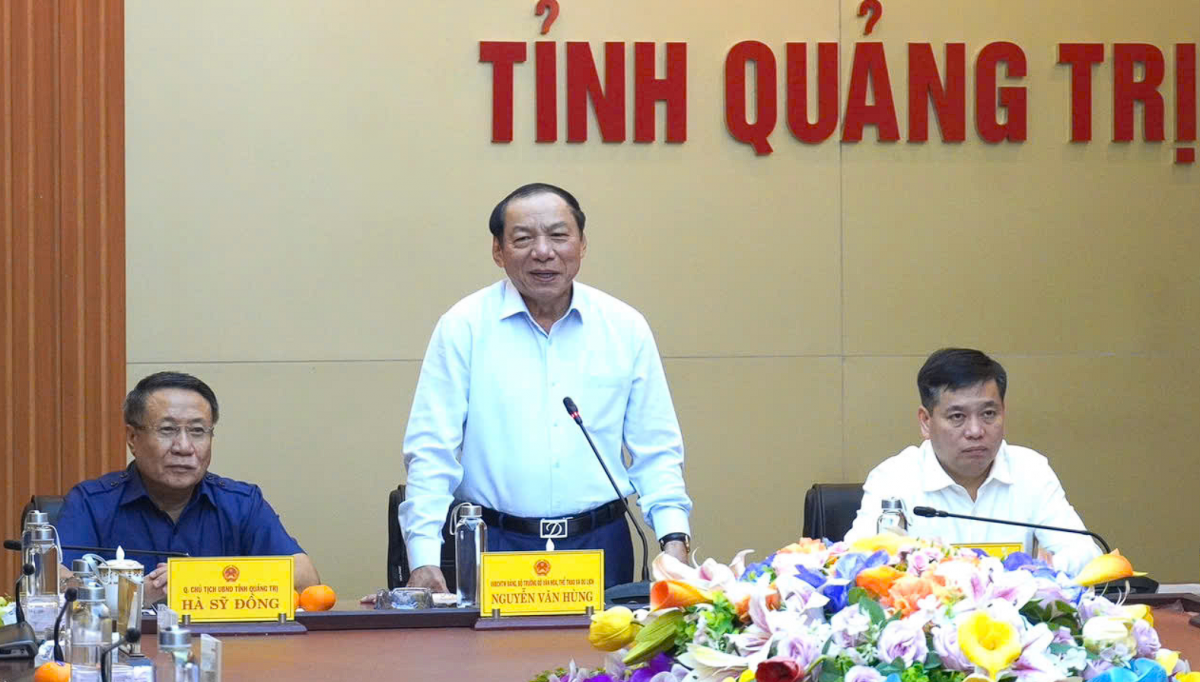

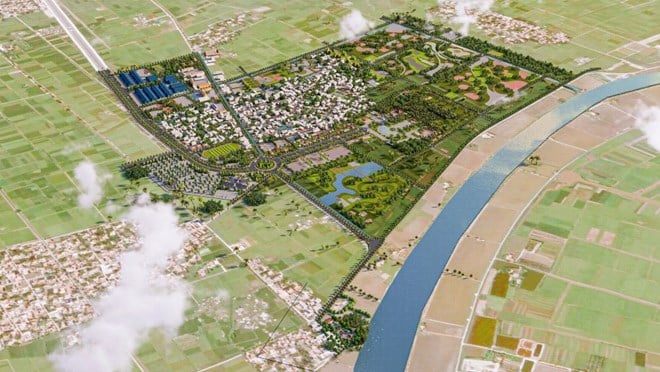

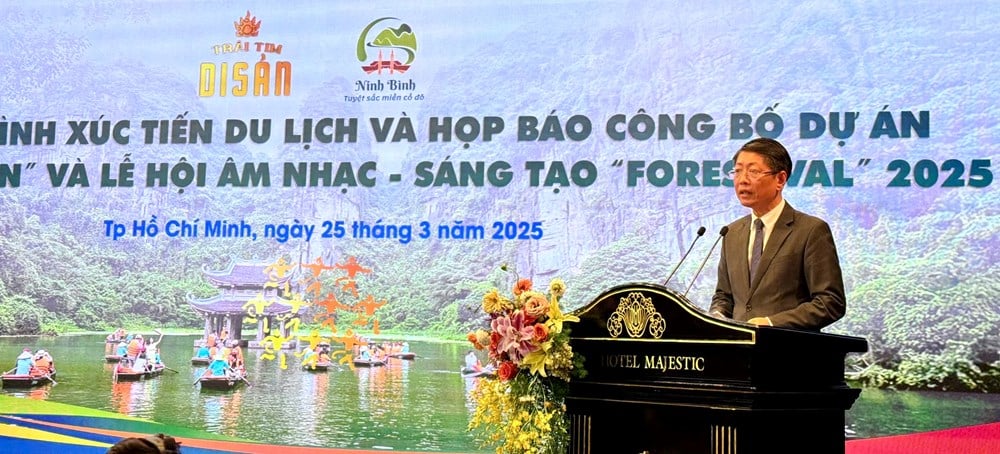

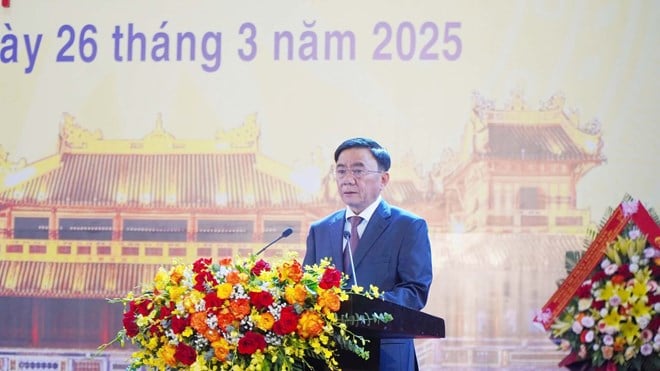
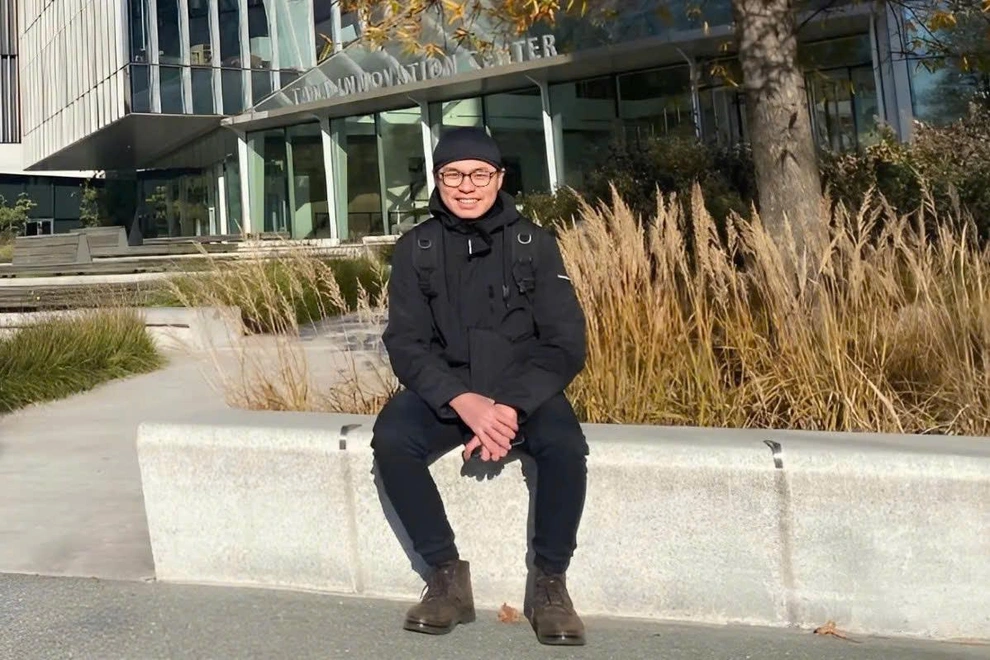

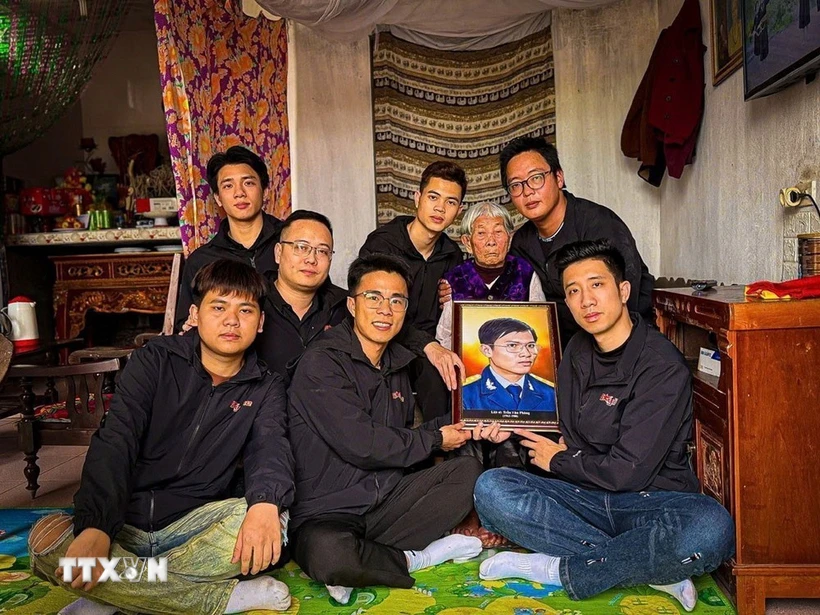
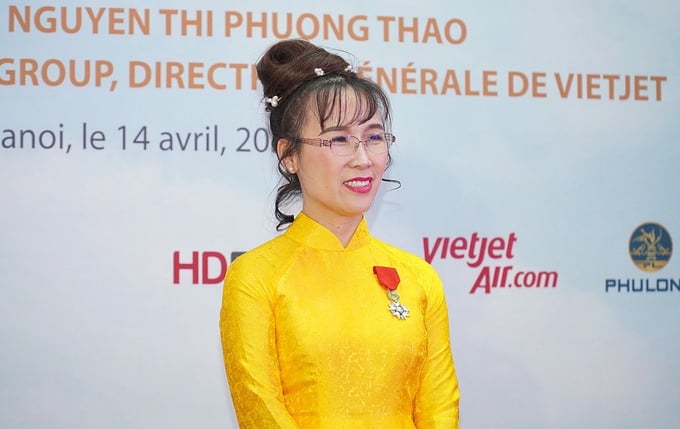
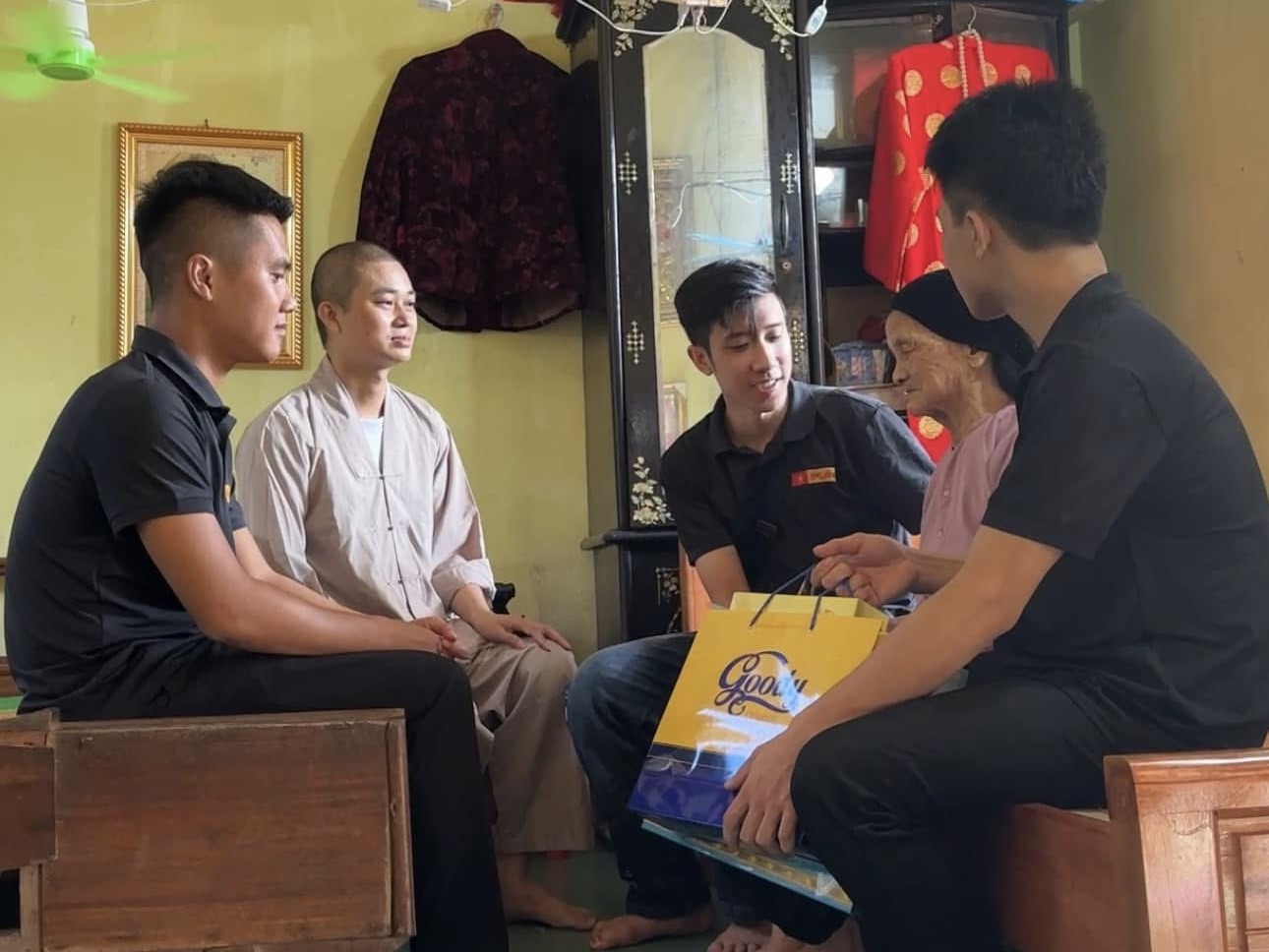

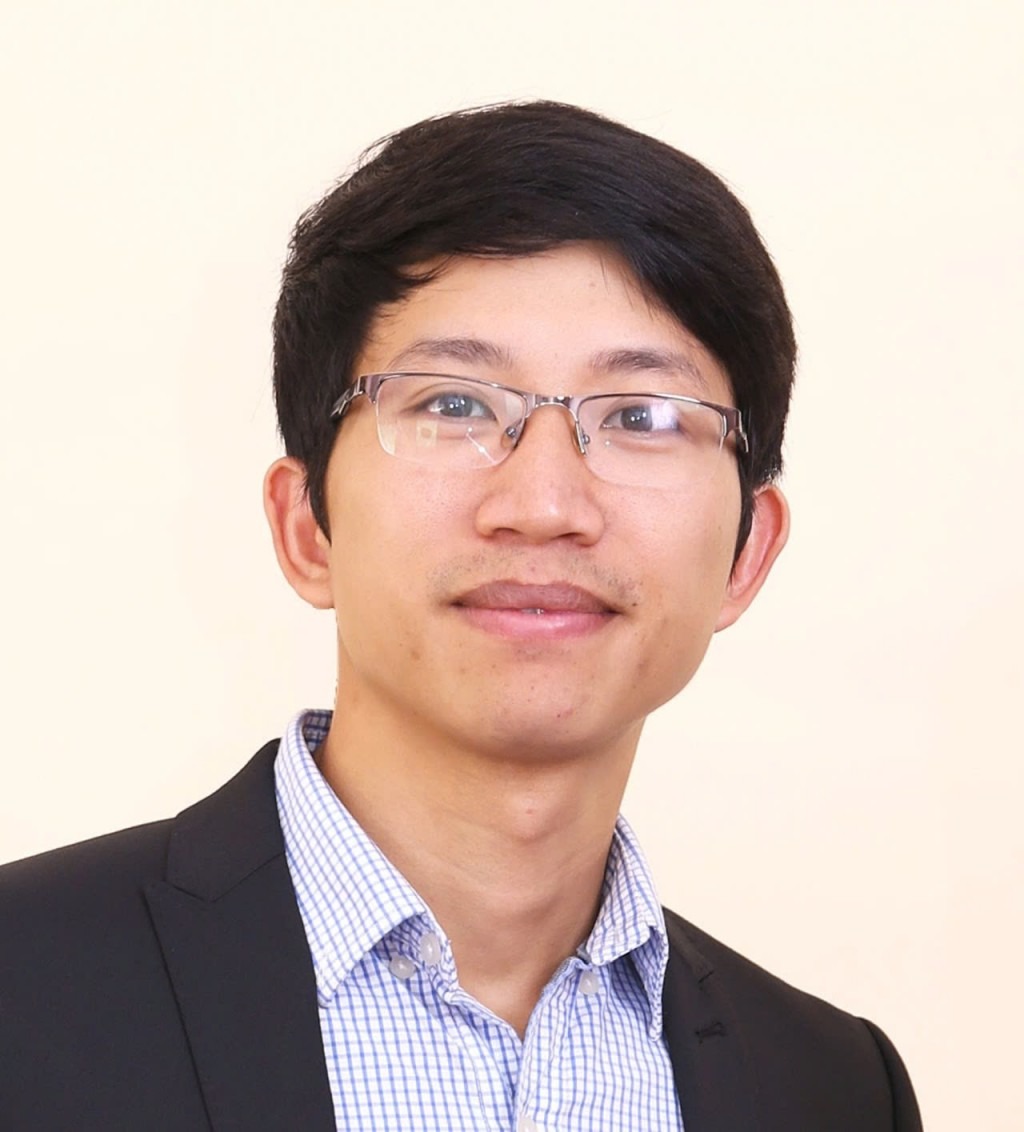
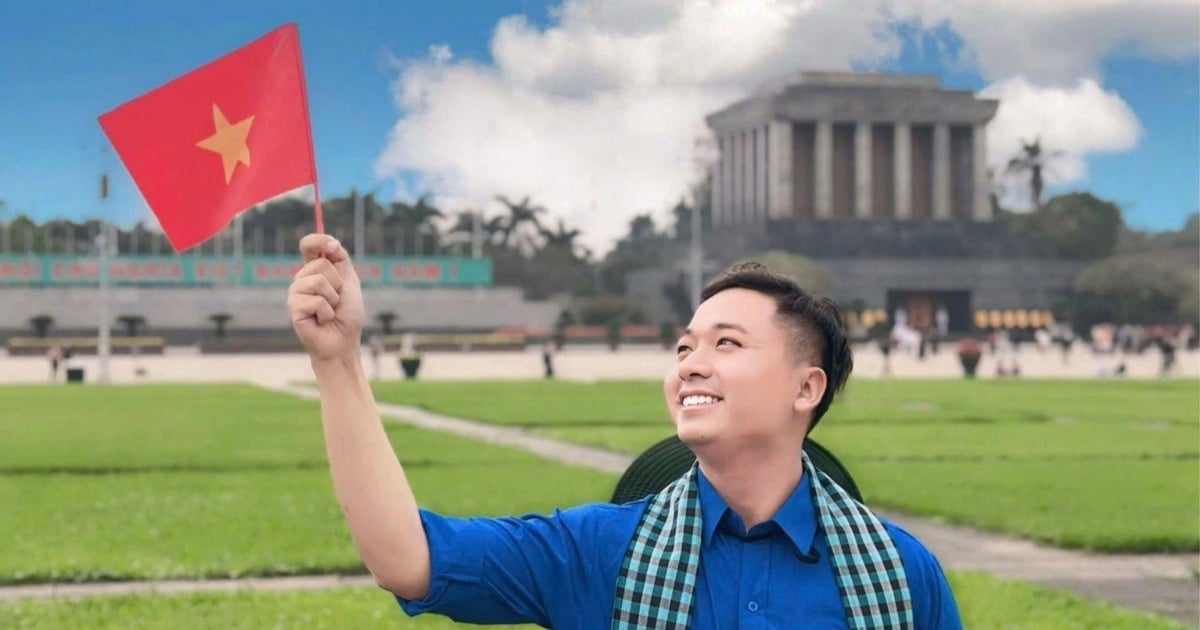


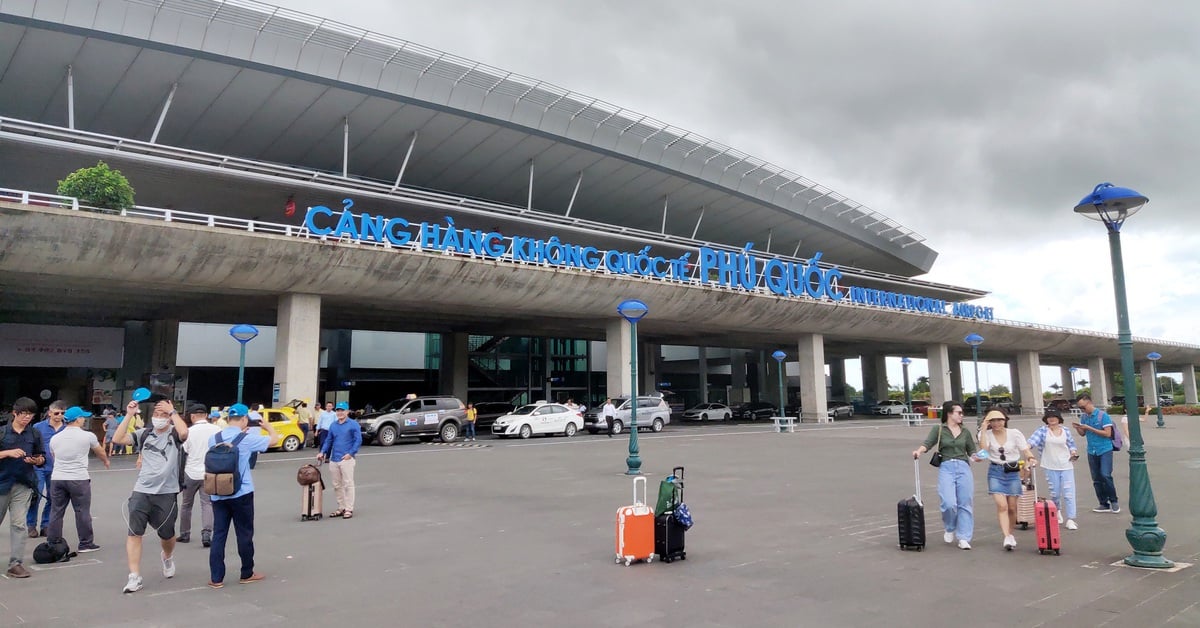
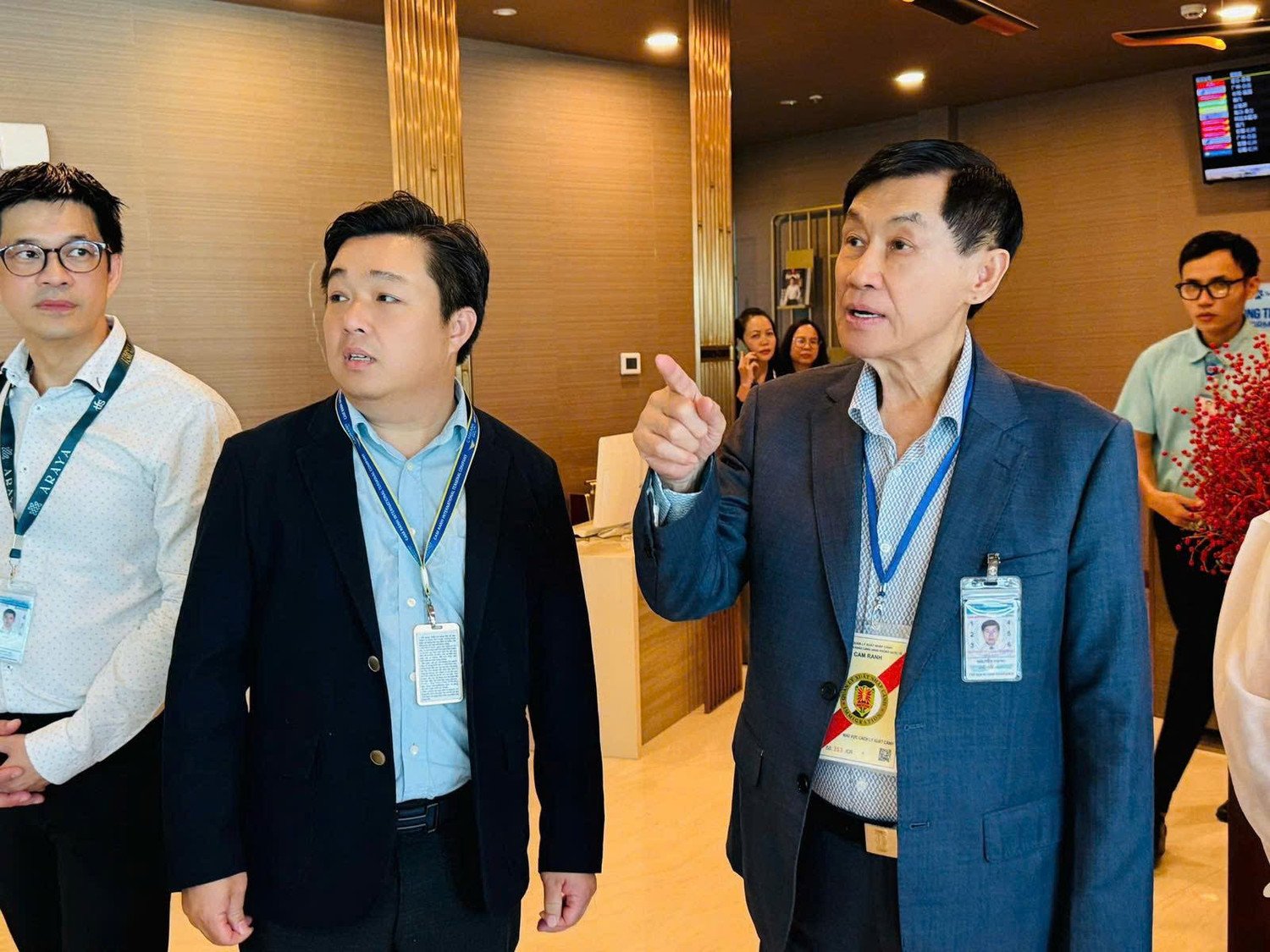

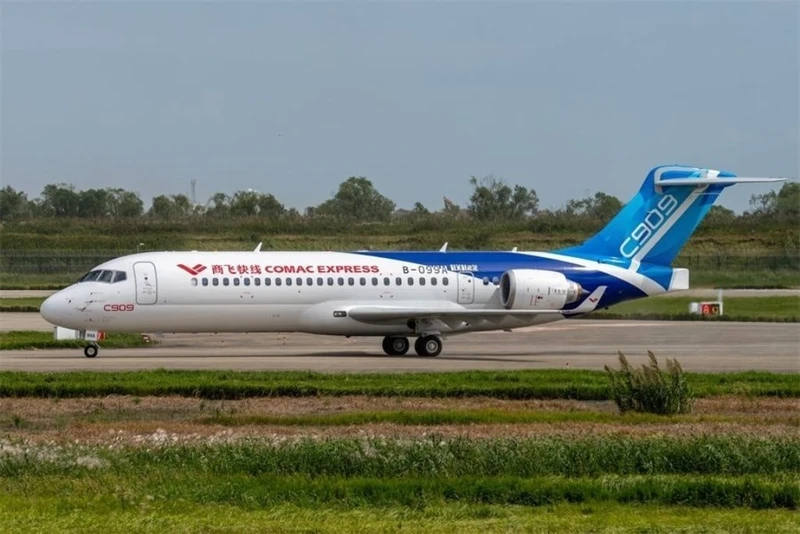


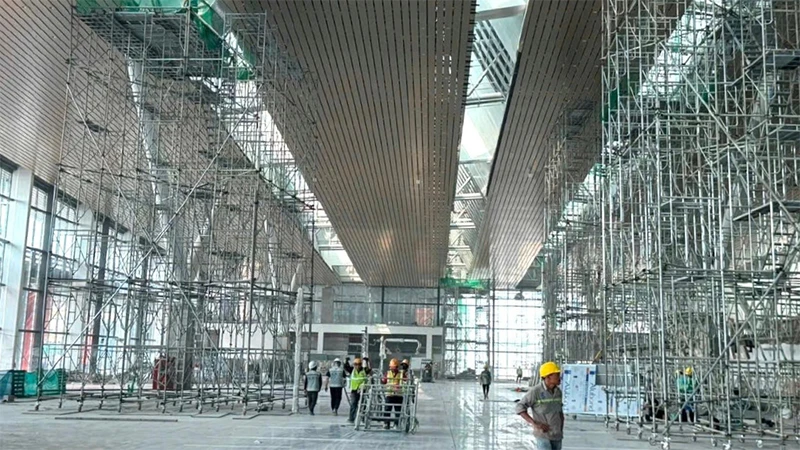

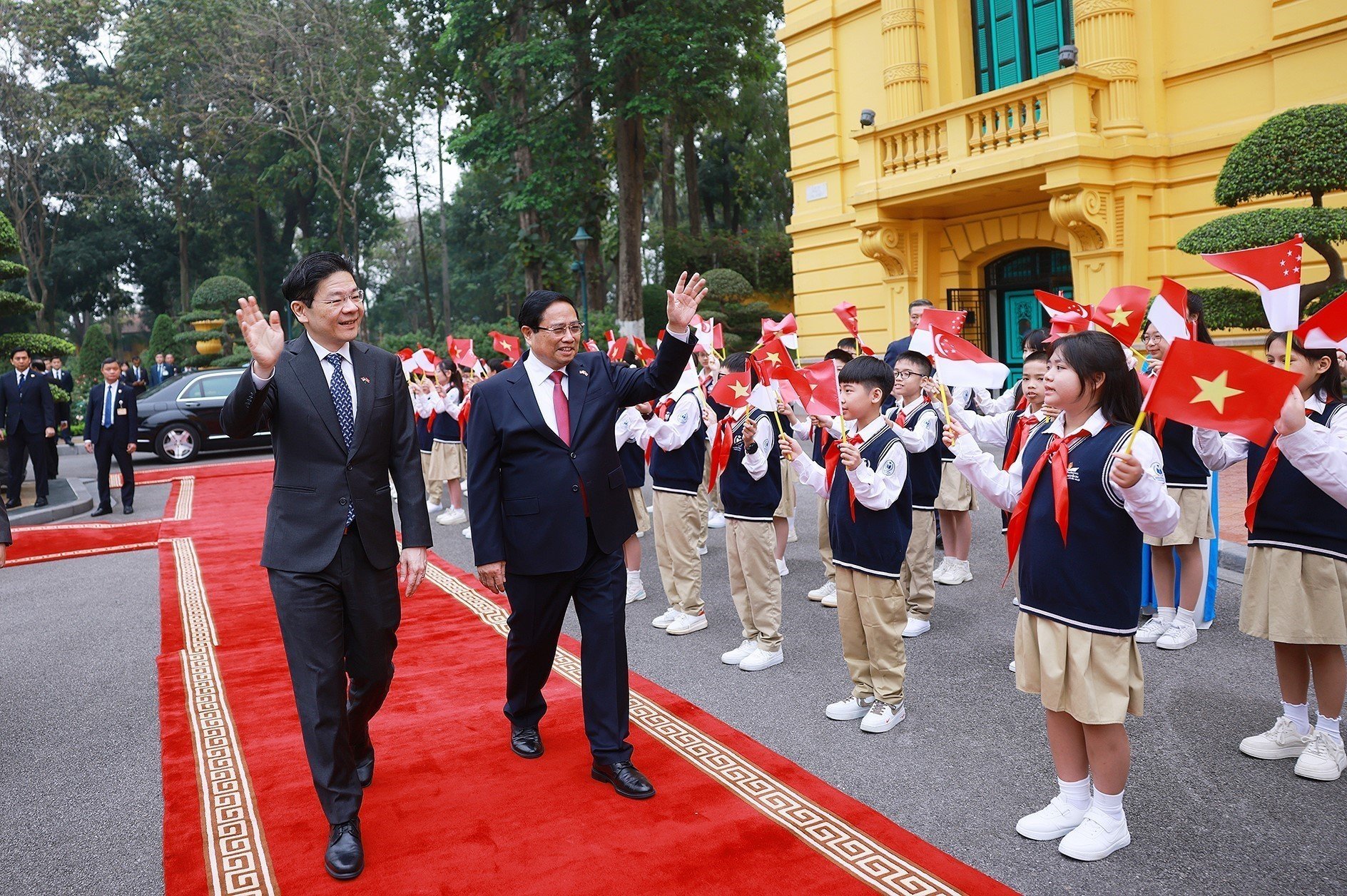


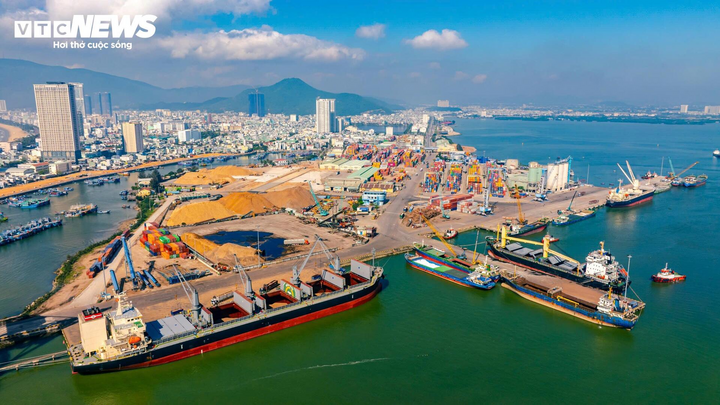

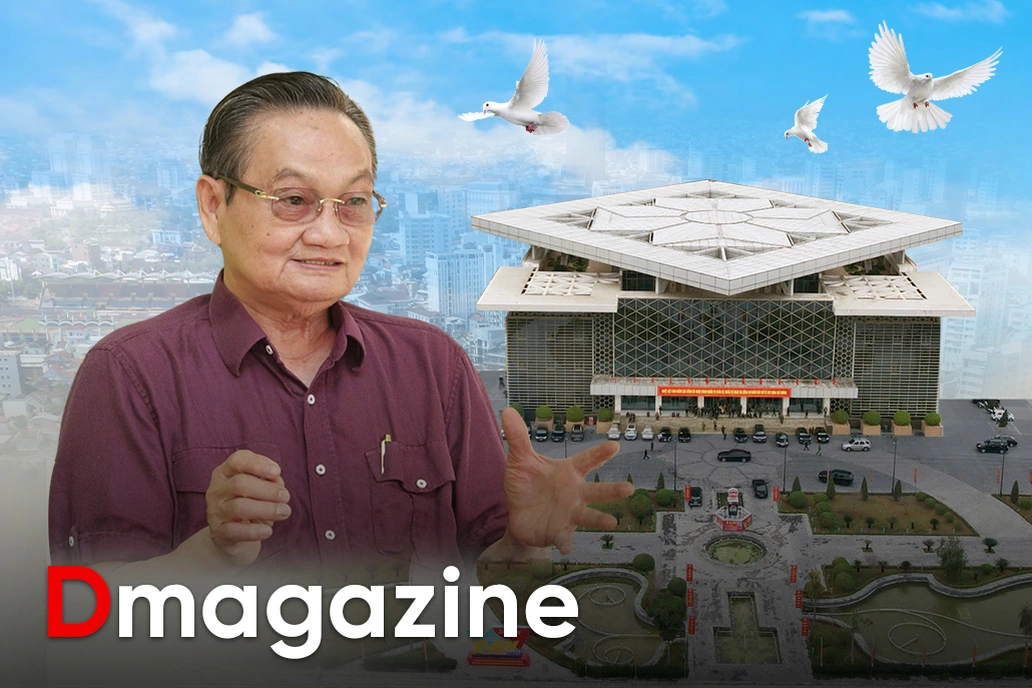
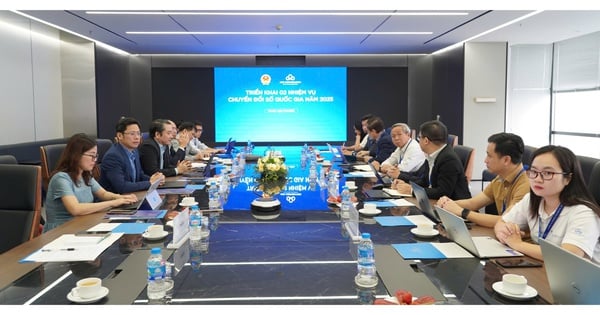

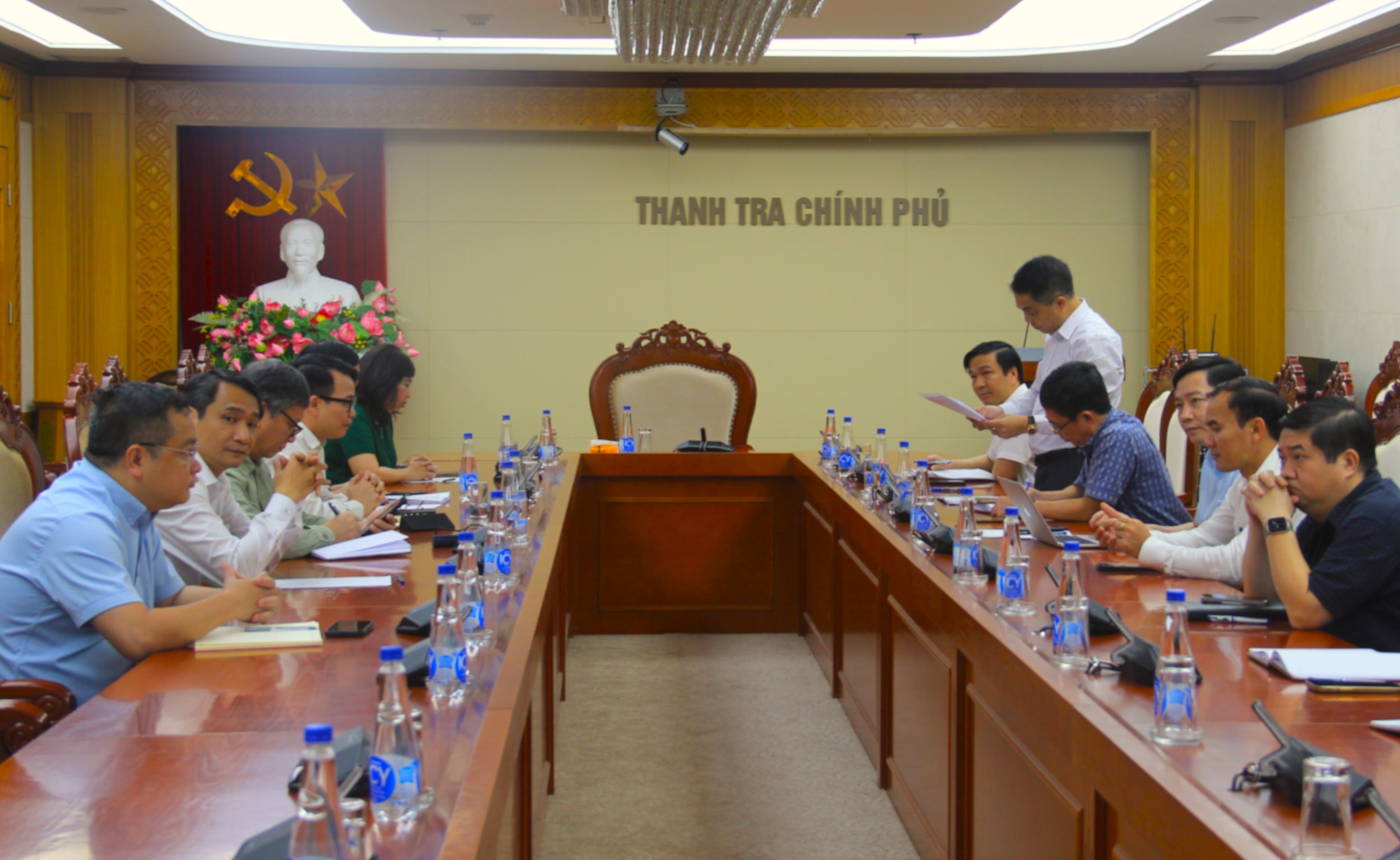

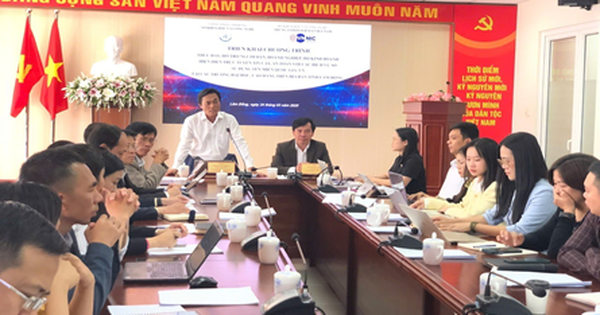


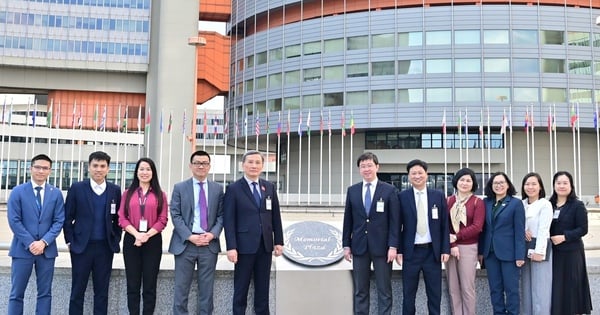

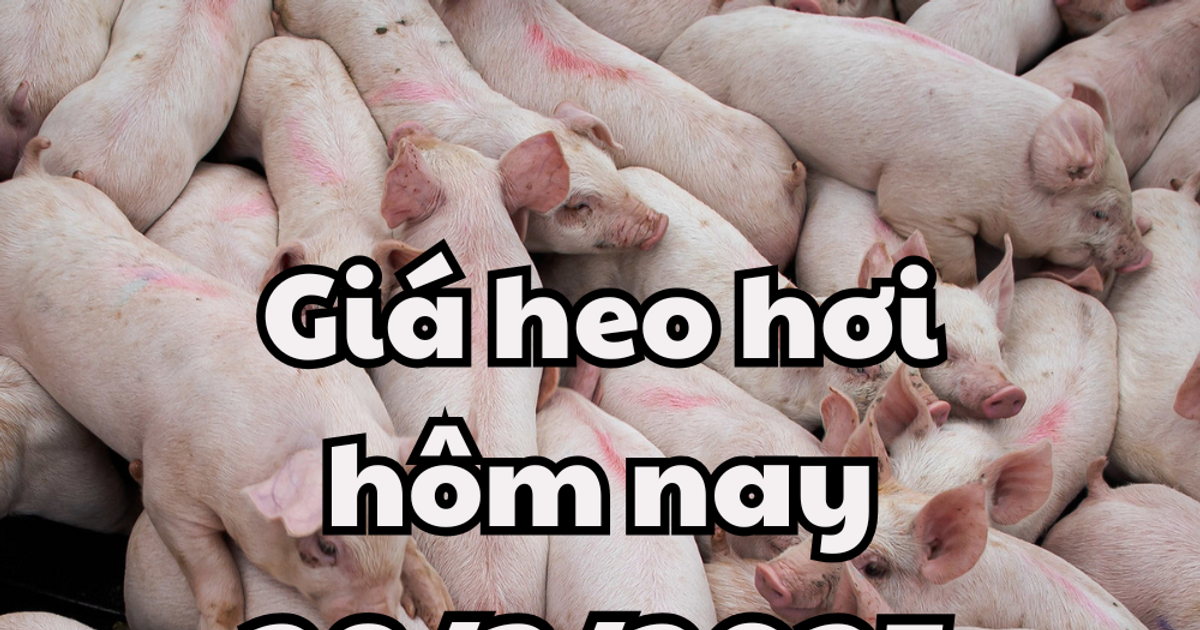

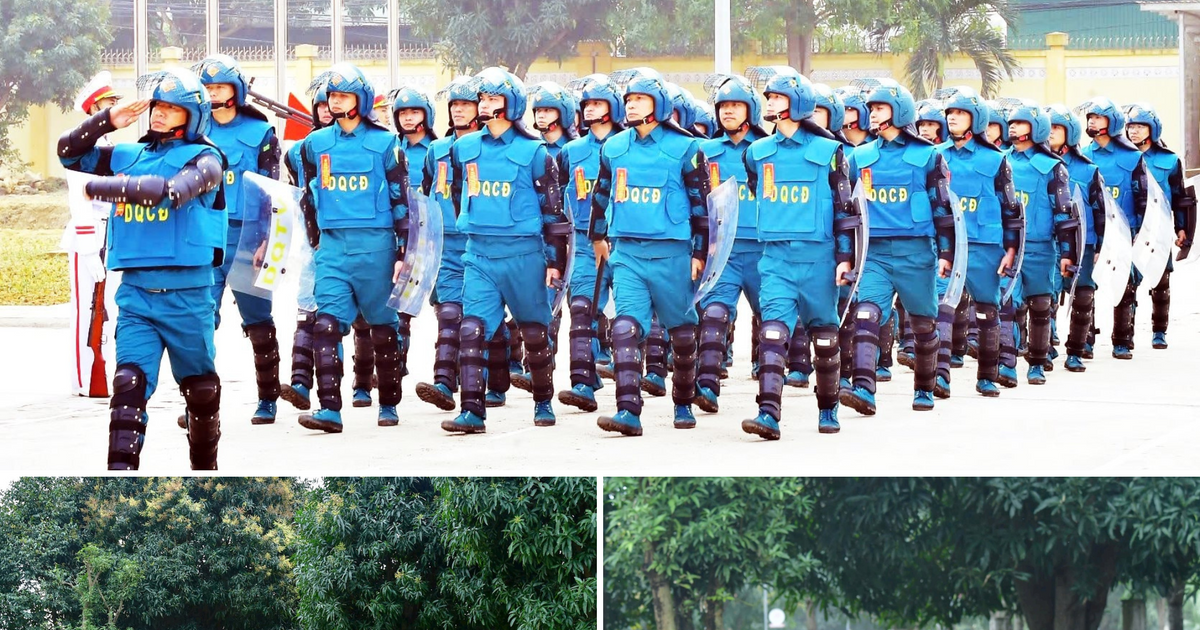


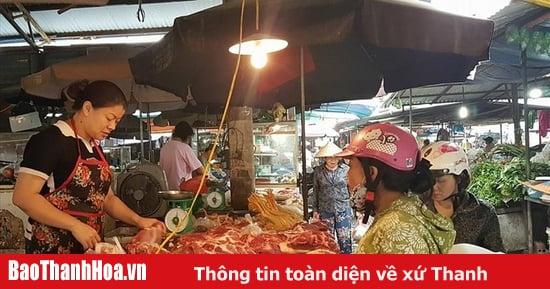

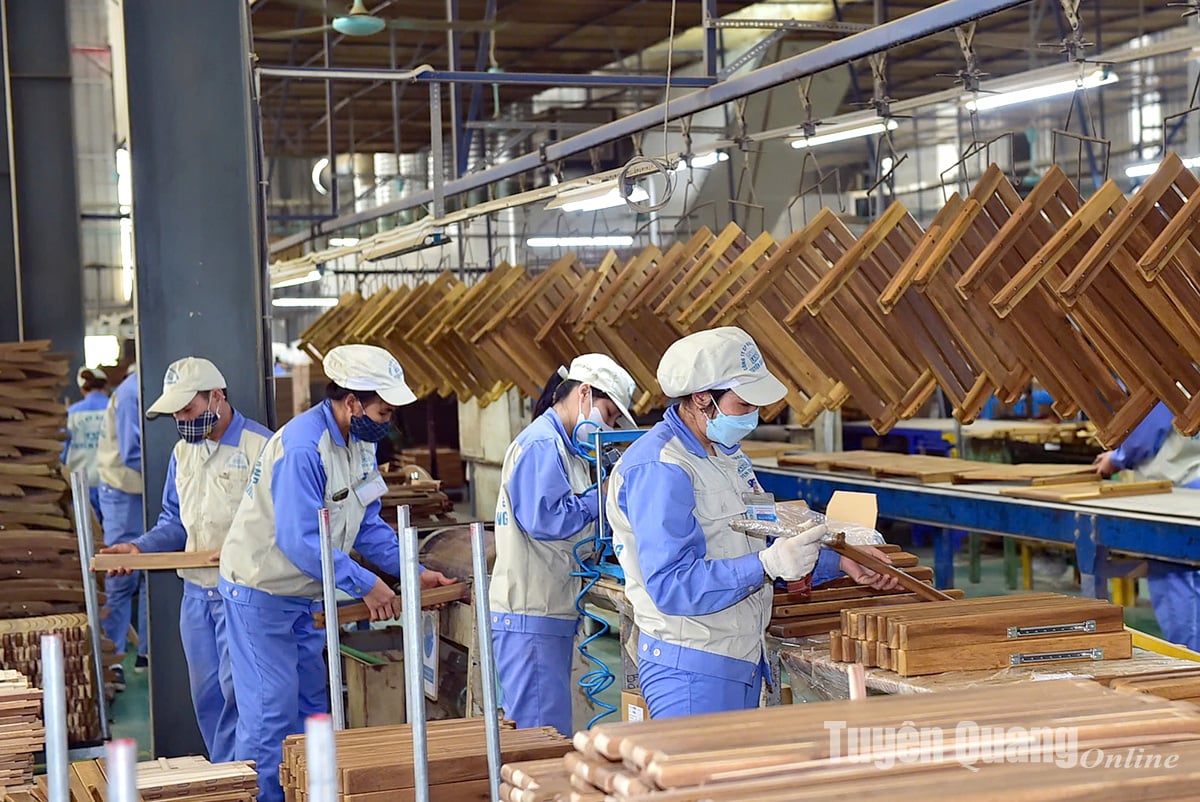

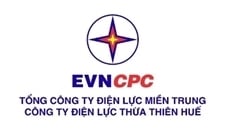

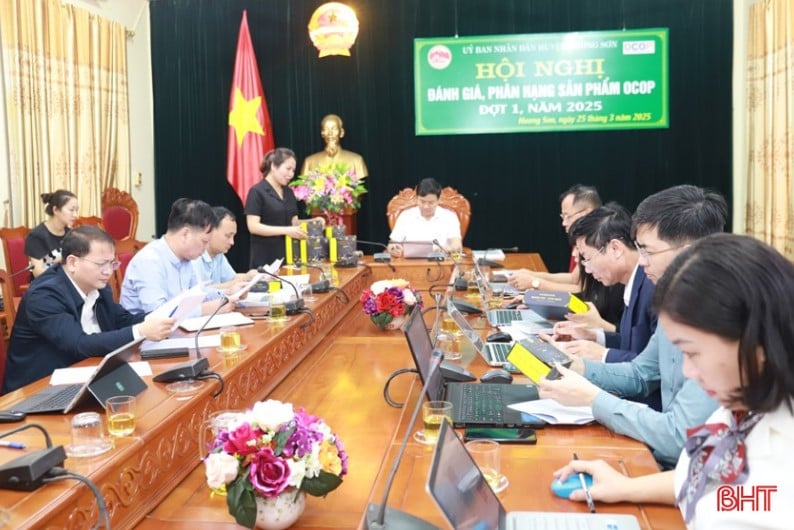

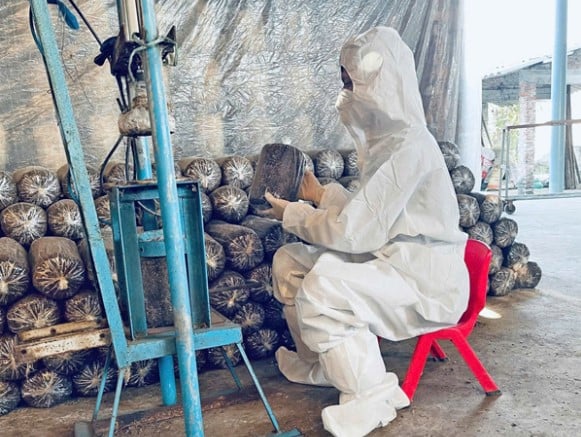







Comment (0)